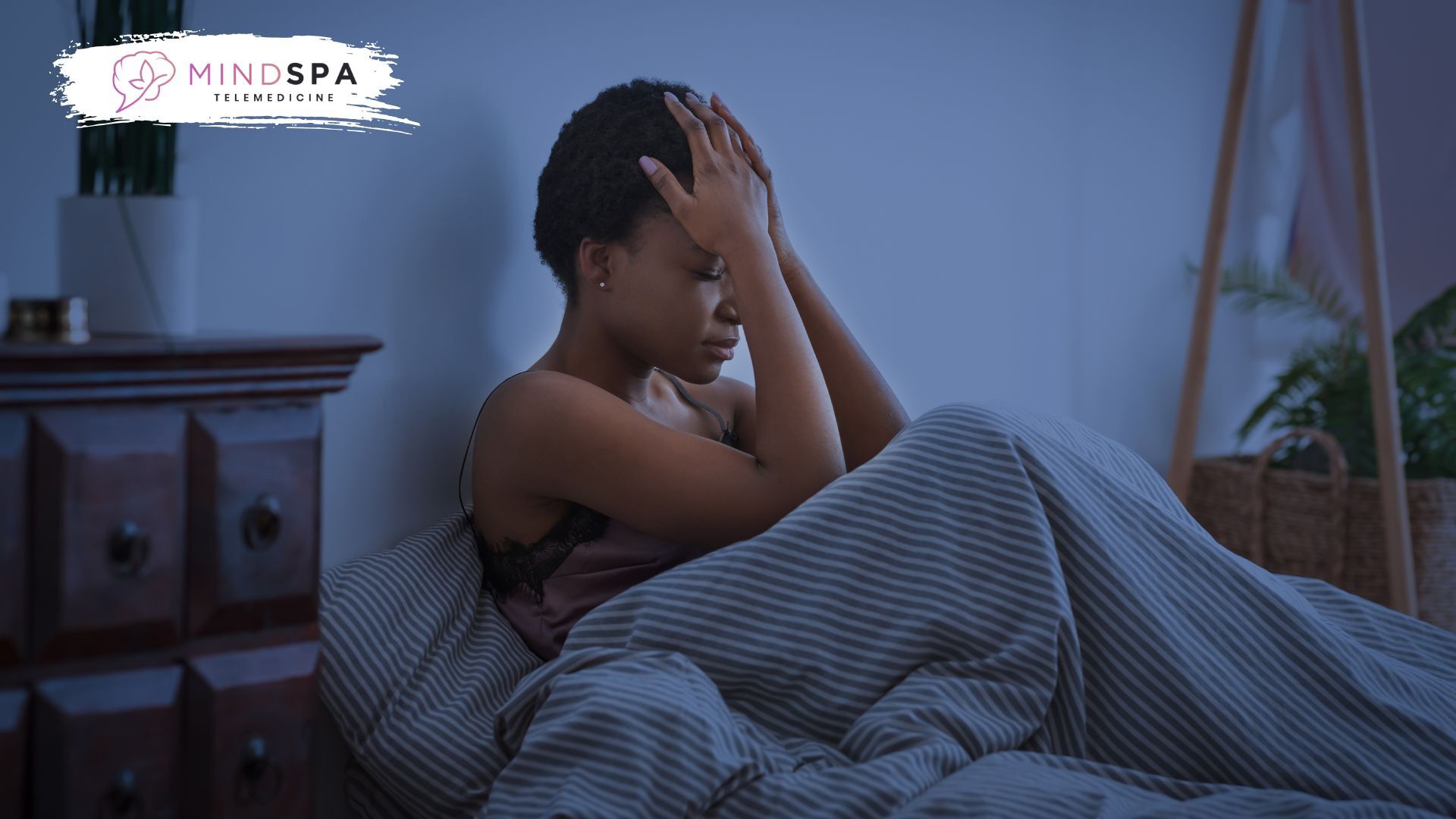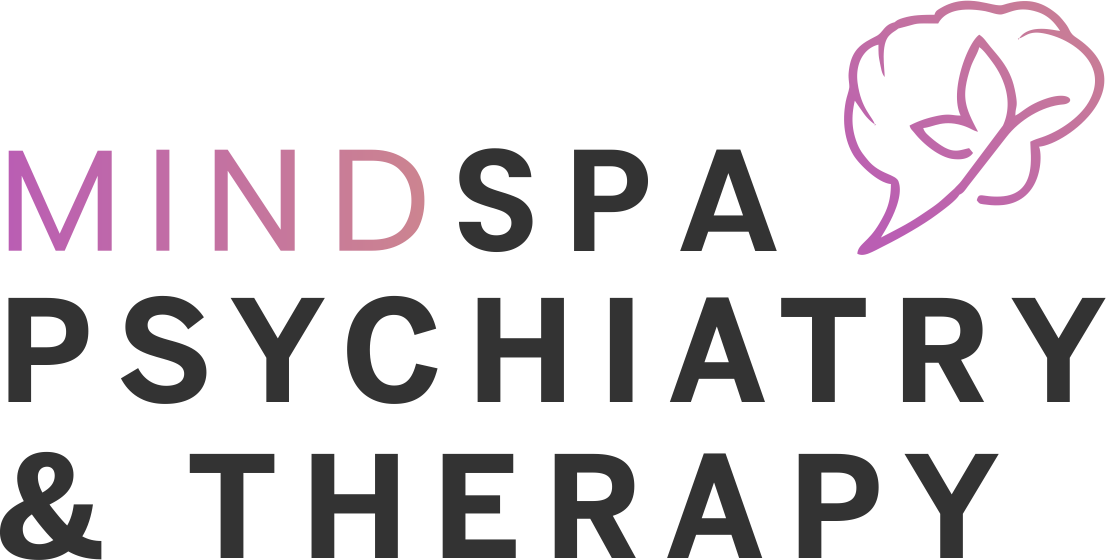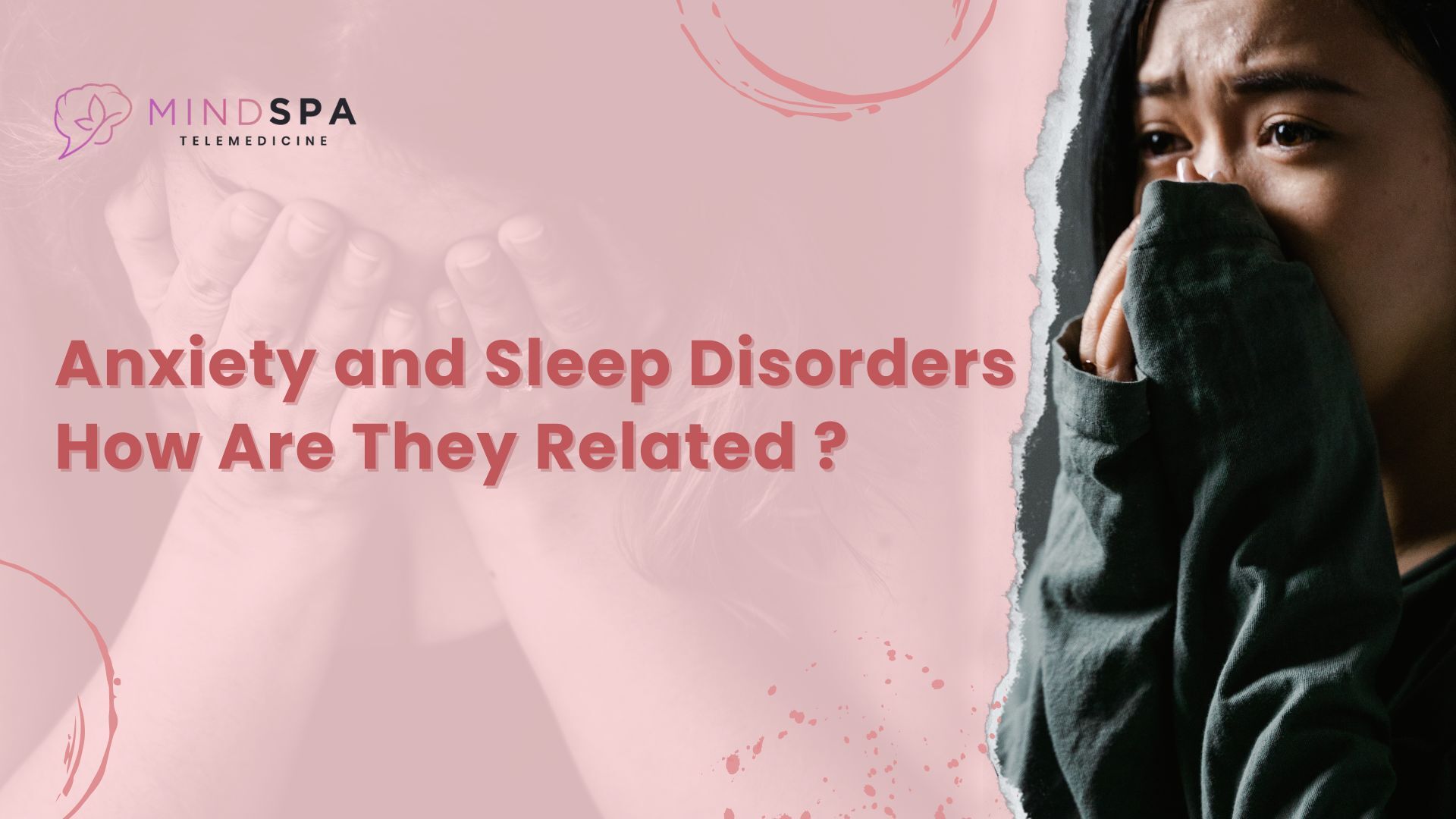Anxiety and sleep disorders are two different phenomena. However, they share profound similarities. One is anxiety disturbs the regular sleep cycles, and the second is that anxiety is triggered if the person does not sleep properly. According to Mental Health America, this is a severe health problem in the United States, where two-thirds of the population loses their sleep due to stress, anxiety, and depression.
This article comprehensively analyzes how stress and sleep disorders are related to helping you mitigate them so you can enjoy a peaceful sleep in the coming days!
Difference Between Anxiety and Sleep Disorder
Simply put, feelings of worry and unease trigger anxiety. It is triggered especially when individuals encounter fearful or stressful circumstances. Once stimulated, anxiety can take over an individual for six months or longer.
Sleep disorders are the inability of an individual to sleep soundly without any difficulty throughout the night. They have the capacity to affect physical, mental, and emotional well-being. Insomnia is the clinical term for sleep disorder. Some of the symptoms of this disorder are difficulty falling asleep, waking up too early, staying asleep, or feeling unrefreshed upon waking.

Relation Between Anxiety and Sleep Disorders
Sleep anxiety involves feelings of fear or worry associated with falling asleep. Sometimes, it can be triggered if you are anxious not to fall asleep. This relationship is usually misunderstood as somniphobia, a fear of sleep that rises out of insecurity.
In general, sleep disorders and mental health disorders such as anxiety are often intertwined. Individuals with anxiety disorders may struggle to sleep. Likewise, those with sleep disorders may experience feelings of anxiety or insecurity before bedtime due to concerns about inadequate rest. Each condition can exacerbate the other, creating a perpetual cycle.
Even 2021 research has proven that the sleep cycles of individuals are affected predominantly by anxiety, which, if mitigated, can recuperate a healthy sleeping cycle.
How Likely Can Anxiety and Sleep Disorders Take Over Individuals?
In the context of the U.S., anxiety disorders are the most prevalent mental health issue, impacting around 40 million individuals. Studies have shown a significant portion of individuals with mental health disorders, such as anxiety, experience disruptions in their sleep patterns. However, they are not secluded only to the adult population because even children and young adults can be triggered by these disorders.
How is Anxiety and Sleep Disorder Diagonized?
A healthcare professional reviews your complete medical history and conducts a physical exam to assess better if you have the symptoms. They may interrogate you with questions like;
- Whether you eat or drink before going to bed
- If the anxiety is triggered just before going to bed
- The minutes and hours you take to go to sleep
- How often do you wake up at night
- The work you do before going to bed
Besides that, you will be recommended to perform the polysomnography test, a sleep study that makes individuals stay awake throughout the night in the sleep lab. This test assesses an individual’s;
- Body positioning.
- Blood oxygen levels.
- Breathing.
- Eye movements.
- Electrical activity in your brain.
- Heart rates and rhythms.
- Sleep stages.
- Leg movements.
- Snoring or other noises you make during sleep.
Anxiety Vs. Sleep Disorder. Which Affects First?
Either one can be triggered in an individual because both are interrelated. Either anxiety disrupts sleep or, according to new findings, sleep disorders arouse anxiety. Subsequently, research facts are proving that most psychological conditions do have a particular affinity towards sleep disruption. Moreover, it also shows that individuals who experience chronic insomnia are at a heightened risk of developing an anxiety disorder.
Health Risks of Anxiety and Sleep Disorder
The consequences of not getting enough sleep or undergoing anxiety are more severe than just feeling tired. It affects your performance at school or work, increases the chances of getting into an accident, and results in various health problems.
Suggested Treatments
The most common treatment provided by most healthcare professionals is Cognitive behavioral therapy (CBT) to treat anxiety. It is a verbal therapy that aims to reorient negative thinking. In most cases, this has been successful in lowering anxiety and also helped to identify and modify behaviors that led to sleeping disorders. However, if the problem still persists, then the next recommended treatment is CBT for insomnia (CBT-I). Besides undergoing therapies, there are drugs to suppress instead of curing anxiety and sleep disturbances, like antidepressants, anti-anxiety drugs, and beta-blockers. They predominantly work to cure just the symptoms.

Different Means to Prevent Anxiety and Sleep Disorders
Anxiety and sleep disorders possess a multi-faceted relationship, which can be combated by following a few simple steps. Check it out and start working it out to obtain a peaceful sleep;
- Avoid drinking fluids like alcohol and caffeine, starting from dusk to bedtime.
- Make your bed more comfortable without being disrupted by external noises.
- Have a set time to go to bed and wake up from it.
- Avoid doing work, watching television, or using electronic devices in your bed.
- Implement an eight-hour sleeping cycle.
- Avoid eating before going to bed. If you are hungry, have a light snack.
- Work out relaxation techniques and exercises such as mindfulness, deep breathing, and guided imagery to have a quick and peaceful sleep.
If all these techniques are yet to be effective for you, then you must reach out to a healthcare professional to obtain relevant remedies, therapies, and lifestyle changes. Moreover, if you still have vivid, intense dreams or less sleep that affects your body’s daily functioning, get professional help for mental health.
Conclusion
Anxiety and sleep disorders possess a comprehensive relationship, and you can never predict which can be triggered first in an individual. Therefore, if you feel that you have insomnia, anxiety, or both, talk to your healthcare professional. You might get some favorable solutions to mitigate them and lead a happy and healthy life.
Related Questions
Can anxiety and sleep disorders be completely cured?
With the right treatment, there are positive responses to people being cured of both disorders. However, if you are prescribed with the CBT-I, you must wait a little longer to get the solution. Therefore, do not stop the treatment before the deadline, thinking it is not working.
Can I make a living with sleep and anxiety disorder?
Generally, people who are triggered by anxiety and sleep disorders experience poor performance at work or while interacting with others. However, it can be managed to some extent if you discuss it with your co-workers, therapists, loved ones, or friends. Moreover, you can also reach out to support groups that can guide you to a particular community that treats people with similar experiences.

